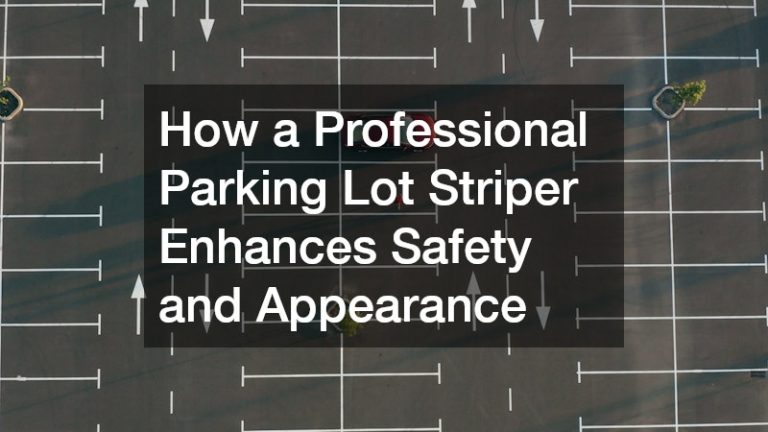
People in unfavorable situations sometimes put up with the circumstances instead of going to court because they fear that legal services and advice will cost them a lot of money. Although this is a valid and frequent concern, you can easily handle it if you are familiar with various attorney fees.
According to the experts, around 11.5% of all federal civil cases in 1962 went to trial compared to an estimated 1% of civil cases in the Federal courts that actually reach trial today. The costs involved play a huge part in this change.
However, you should keep in mind that these fees are not constant since they differ depending on your attorney and the type of legal issue involved.
But before getting a lawyer to help you, you should understand the different attorney fees and fee arrangements:
1. Fixed/Flat Fees
There are times when lawyers charge an all-inclusive flat fee. This fixed fee is mainly used for routine and straightforward cases that are easy to close and simple to complete.
You can expect to get charged a flat fee if your case can be quickly resolved. That is, without having to undergo lengthy court hearings or litigation settlements, and only need standard forms and paperwork to submit. Legal cases typically covered by a flat fee rate include uncontested divorces, tenant evictions, and will preparations.
However, you may get charged additional attorney fees if your civil rights case appears simple at first but gets marred by unexpected situations.
2. Consultation Fees
A lawyer’s consultation fee is an hourly or fixed charge that you must pay when you first seek professional advice. This helps to deter individuals who are not urgently in need of legal services and are only inquiring for the sake of asking. Because every case is unique, you’ll most likely be required to pay a fixed fee upfront before they can provide legal consultation and representation.
3. Hourly Fees
It’s common among lawyers to charge an hourly rate. Most attorneys are conscientious about how they spend their day, even if it’s only a portion of an hour that they’re spending on your case.
These fees can vary depending on the lawyer’s specialty, background, and location. Before hiring an attorney, you must first check if you need to pay an hourly rate, how much it is, and the terms in your agreement.
4. Referral Fees
These referral fees are applicable in cases where your current lawyer refers or recommends you to another attorney. It may typically be a small portion of the overall case fees.
However, it is explicitly forbidden in most cases. Your lawyer cannot simply add it to the charges unless your case meets specific criteria. If your lawyer charges you a referral fee, you should check with your city or state to see if it is actually permitted in your case.
5. Contingency Fees
These fees, awarded to an attorney if he wins, are typically used in cases that involve a claim for money due to specific damages.
Usually, monetary settlements resulting from employment compensation or personal injury cases involve this type of fee. Contingency fees are not charged in child custody, divorce, and business sale cases. The attorney will typically receive one-third of the total settlement amount paid to the client.
6. Retainer Fees
A common but false notion about retainer fees is that lawyers who charge it are usually better than those who do not. This non-refundable down payment for the attorney’s services will serve as a money pool or funding into which all future expenses associated with the case will be billed.
However, this attorney fee doesn’t always mean quality services from the lawyer. The only assurance you have is that you have legal representation and protection whenever you need it.
7. Statutory Fees
In most cases, these extra charges are not usually applicable. You will encounter statutory fees in bankruptcy or probate cases. Based on the laws involved in your particular case, you may pay fees once you have been approved.
Avoid Getting Frustrated With These Fees
Knowing and understanding all these fees will prepare you more if you need to hire a lawyer. But if you encounter someone who charges exorbitant fees, you can seek the advice of experts such as Judge Donald Black. The professionals can help analyze any attorney malpractice or other issues.



